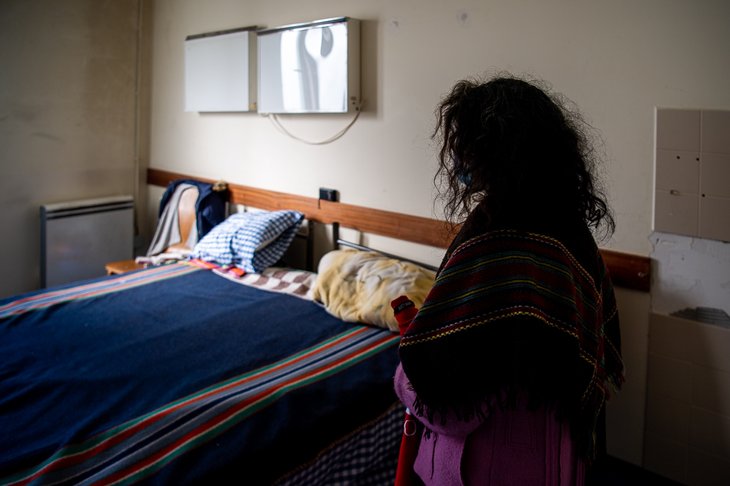Municipality of Porto leads project to bring back homeless people to a full active and autonomous life
Dulce Pereira Abrantes
Article

Miguel Nogueira
The Municipality of Porto promotes social and professional re-adaptation and re-integration of the most vulnerable in society, as is the case of homeless people. The project “Porto Sentido” is complemented by no other than three words that express the consideration the Municipality gives when advancing measures that require sustainability to last in time, namely housing, capacity building and reintegration.
More than 60 people will be included in the ongoing project “Porto Sentido”, where reintegration in the labour market and vocational training are key words. At the moment, 30 people are included in the project, and these people have been granted housing to boost their autonomy in the process of returning to a full active way of living.
The Municipality of Porto also takes on the role of social investor, by financing the project in 200 thousand euros. This means that people are encouraged to take charge of their own lives, as established in the contract between the Municipality of Porto and SAOM - Serviços de Assistência Organizações de Maria, a charitable organisation in the city, in the framework of the “Porto Sentido” project.
Step one is to provide long term housing to the beneficiaries; these dwellings are provided by the Municipality, by the Santa Casa da Misericórdia do Porto and in specific rented apartments for that purpose. All beneficiaries are accompanied in the first phase of this project by a team of seven technicians that monitor the enrolment in capacity building actions (according to each one’s professional qualifications), provide psych-social attention and also a customised health plan, and also the monitoring of a psychologist and a nurse of the Escola Superior Saúde Santa Maria.
To maximize results, beneficiaries have been selected according to their degree of motivation and willingness to shift their lives, as the main goal of the project is to make them permanently abandon the homeless person status and are able to implement the necessary decisions and actions to lead a full, independent, autonomous and active life.
This is why “Porto Sentido” established the one and a half years is the timeframe to monitor each group, which should be enough to accomplish these goals.
Following the completion of phase one of the project, enters phase two, with 30 more people entering the programme. This point in time, some beneficiaries are already on the labour market, but for those who have not yet managed to do so, there are Training Grants, to which companies can resort and hire, as a trial periods, beneficiaries that comply with the required profile for the job. The team allocated to the “Porto Sentido” project will also provide follow up to the beneficiaries.
The project “Porto Sentido - Habitação, Capacitação, Reinserção” is the result of a successful application to the “Parcerias para o Impacto” [Partnerships for Impact] initiative, cofinanced by the Operational Programme for Social Inclusion and Employment (POISE), of Portugal 2020, via the European Social Fund.
The entities that take part in the Consortium are the Serviços de Assistência Organizações de Maria (S.A.O.M.), the Santa Casa da Misericórdia do Porto and the Província Portuguesa das Franciscanas Missionárias de Nossa Senhora.
“These entities are part of the Núcleo de Planeamento Intervenção Sem-Abrigo (NPISA) of Porto, whose role is significant in the support to this population, in particular”, explained councillor for Housing and Social Cohesion of Porto City Hall, Fernando Paulo.
“In the referred application, and due to the significance of the project, Porto City Hall took on the role of being the social stakeholder, cofinancing the project in 30% of its total amount”, which is circa 200 thousand euros, in a total financing of 700 thousand euros.
The programme is also part of the Municipal Strategy 2020-2023, for the Integration of Homeless People.